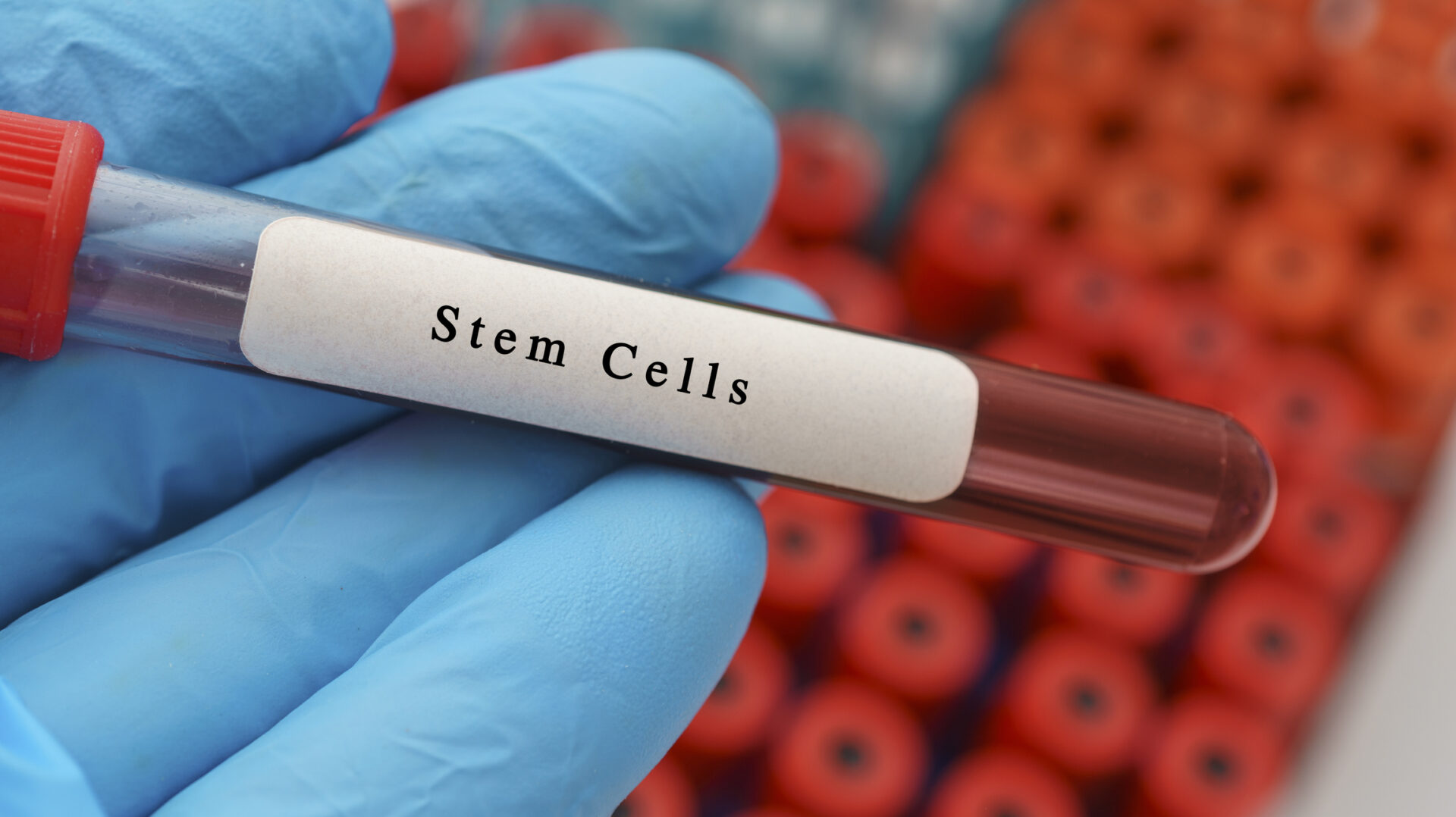For individuals and couples longing to conceive, time can feel like a pressing concern. Understanding how soon you can begin infertility treatment is essential for those eager to take the first steps toward building their families. Infertility treatment begins with proper diagnosis, followed by a personalized approach guided by a fertility specialist. The timeline for starting treatment depends on several key medical and situational factors, but the good news is that most patients can begin assessment and intervention sooner than they think. If you are exploring your reproductive options, it’s best to consult a fertility doctor early to avoid unnecessary delays and maximize the chances of success with Infertility Treatment in Dubai.
Understanding the Right Time to Begin Infertility Treatment
The decision to initiate infertility treatment typically starts when a couple has been trying to conceive for 12 months without success. However, for women over the age of 35, this timeline shortens to six months due to the natural decline in fertility with age. Still, many individuals seek earlier medical input based on known reproductive concerns or irregularities such as absent ovulation, endometriosis, or a prior history of miscarriages.
A qualified fertility specialist can evaluate your medical history, perform necessary diagnostic tests, and determine whether treatment should begin immediately or follow a short period of monitoring.

The Initial Consultation: Your First Step Toward Parenthood
The first step toward infertility treatment is an in-depth consultation with a reproductive specialist. During this visit, the doctor gathers critical information such as:
- Detailed personal and medical history
- Menstrual cycle patterns
- Duration of attempts to conceive
- Any previous pregnancies or losses
- Lifestyle factors impacting fertility
Both partners are typically assessed. This comprehensive evaluation ensures that any underlying causes can be accurately identified. If specific conditions are detected early, the doctor may suggest starting treatment without delay.
Diagnostic Evaluation Before Treatment Begins
Before initiating active infertility treatment, fertility specialists conduct a series of diagnostic procedures to understand the root cause of infertility. These may include:
- Hormonal Blood Tests: To check ovulatory function and ovarian reserve
- Ultrasound Scans: To assess ovarian follicles, uterus, and endometrial lining
- Hysterosalpingography (HSG): To examine the fallopian tubes for blockages
- Semen Analysis: To evaluate sperm count, motility, and morphology
- Pelvic Examination: To identify physical abnormalities affecting conception
Once these assessments are complete, your doctor can determine whether you are a candidate for immediate treatment or if a specific protocol needs to be followed first.
When Immediate Treatment Is Advised
Certain medical findings warrant the prompt start of treatment. These include:
- Blocked Fallopian Tubes: Preventing natural conception
- Severe Male Factor Infertility: Low sperm count or motility
- Ovulatory Disorders: Absence of or irregular ovulation
- Advanced Maternal Age: Especially for women over 37
- Known Endometriosis or Fibroids: That affect the reproductive organs
In such cases, doctors may bypass waiting periods and proceed directly to treatment to optimize success rates.
Doctor-Guided Treatment Timeline
After initial evaluation and diagnosis, doctors tailor the treatment path according to the patient’s specific reproductive challenges. Some of the most commonly recommended treatments include:
Ovulation Induction with Timed Intercourse
This is often the first-line treatment for women who do not ovulate regularly. The doctor will prescribe a cycle-monitoring protocol to identify the best time for conception. This non-invasive approach is usually started within one cycle of diagnosis.
Intrauterine Insemination (IUI)
For cases of mild male factor infertility or unexplained infertility, doctors may recommend IUI. This procedure involves placing sperm directly into the uterus during ovulation. Typically, IUI treatment can begin in the cycle immediately following diagnosis if the conditions are favorable.
In Vitro Fertilization (IVF)
For more complex cases—such as tubal blockages, endometriosis, or failed attempts with simpler methods—doctors may recommend IVF. After the initial diagnostic workup, IVF protocols generally begin within the next menstrual cycle. This method is highly controlled and physician-supervised from hormone preparation to embryo transfer.
Intracytoplasmic Sperm Injection (ICSI)
Often used in conjunction with IVF, ICSI is suitable for severe male infertility. It involves the injection of a single sperm directly into an egg. As with IVF, this method is initiated shortly after diagnostic testing and involves close medical supervision.
Factors That Influence the Start of Treatment
While many patients are eligible to begin treatment quickly, several factors can impact the exact timeline:
- Age of the Patient: Older patients are often fast-tracked due to diminishing egg quality.
- Severity of Fertility Issues: The more pronounced the problem, the quicker the treatment may begin.
- Medical Preparedness: Some patients may need preparatory procedures such as removal of fibroids or hormone stabilization before treatment.
- Emotional Readiness: While physical readiness is vital, doctors also consider emotional and mental preparedness.
- Availability of Partner’s Evaluation: Both partners must be fully assessed for optimal planning.
Doctors work closely with patients to align these factors, ensuring that treatment begins at the optimal time both medically and emotionally.
Treatment Monitoring by Fertility Specialists
Regardless of the specific treatment path, all infertility treatments require close monitoring by the specialist. This includes:
- Regular ultrasounds to track follicular development
- Hormone level checks throughout the cycle
- Adjustments to treatment based on individual response
- Timing of procedures such as egg retrieval or insemination
This medical oversight ensures safety, enhances treatment precision, and improves chances of conception.
Benefits of Starting Infertility Treatment Early
There are numerous benefits to seeking early medical help and beginning infertility treatment under professional care:
- Higher Success Rates: Early diagnosis and prompt treatment lead to better outcomes.
- More Treatment Options: Starting early offers a wider range of options before age or health limits choices.
- Reduced Emotional Stress: Working with a fertility specialist brings clarity, structure, and hope.
- Tailored Care: Each treatment plan is designed based on individual reproductive health.
- Time Efficiency: Early treatment avoids wasted time on ineffective attempts and accelerates the path to parenthood.
Couples who seek treatment earlier are often better equipped to manage expectations and navigate the emotional and physical aspects of the journey.
Structured and Step-by-Step Process by Specialists
Fertility doctors offer a streamlined and systematic approach to infertility treatment. The process is designed to minimize delays and deliver medically accurate decisions. From first consultation to personalized therapy, every step is coordinated and supported by medical expertise, which is crucial to achieving successful pregnancy outcomes.
Doctors ensure that:
- Every diagnostic test is scheduled without unnecessary delay
- Treatment plans are medically sound and adapted to progress
- Patients receive clear guidance, support, and follow-up care
This structured care eliminates guesswork and enables faster transitions between phases of treatment.
Final Thoughts
Understanding when to begin infertility treatment is a crucial step toward achieving your reproductive goals. With the guidance of experienced fertility doctors, most individuals can start treatment soon after their initial consultation and diagnosis. Medical professionals ensure that every aspect of the treatment—from planning to execution—is tailored to your unique needs, increasing the chances of a healthy pregnancy. For anyone considering a proactive approach to their reproductive future, the journey toward conception starts with trusted Infertility Treatment.




